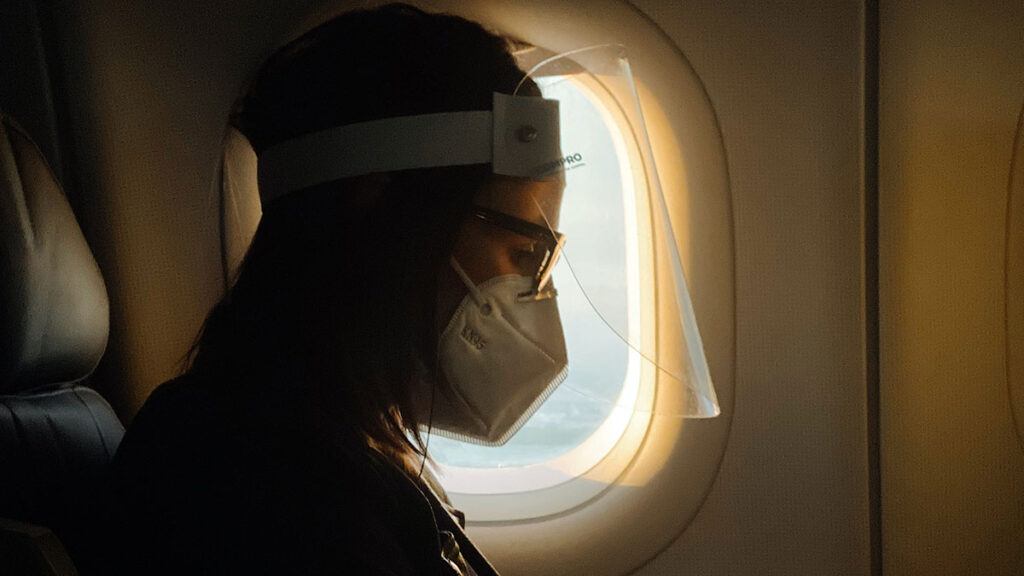
New U.S. Covid-19 Travel Restrictions
Travelers heading to the U.S. will be required to show evidence of a negative COVID-19 test 24 hours before boarding their flight instead of three days prior.
Also, President Biden will extend the federal rule requiring passengers on planes, trains, and buses to wear face masks through March 18. It was scheduled to expire in mid-January.
The Biden administration’s moves come after the White House announced a ban on travel to the U.S. by foreign nationals who have been to South Africa or seven other African countries within the previous 14 days. That travel ban does not apply to U.S. citizens and permanent residents, and it’s possible the ban could be lifted soon.
U.N. Secretary-General Antonio Guterres called the restrictions “travel apartheid,” and Dr. Anthony Fauci said U.S. officials “feel very badly about the hardship that has been put on not only on South Africa but the other African countries.”
“Hopefully we’ll be able to lift that ban in a quite reasonable period of time,” Fauci said.
So far, the omicron variant had been detected in about a third of U.S. states, including in California. The county’s first case involved someone who had returned from a trip to South Africa, where the variant was first discovered.
HERE’S WHAT TRAVELERS SHOULD KNOW:
What are the new testing requirements?
The U.S. will begin requiring all inbound international travelers to test for COVID-19 within one day of their flight to the U.S., regardless of their nationality or vaccination status.
Do testing requirements apply to children?
Yes, but children under 2 years old do not need to get tested. There is also an option for people who can prove they have recovered from COVID-19 in the past 90 days. Learn more about these requirements.
Do you have to get the test exactly 24 hours before travel?
No. The Centers for Disease Control and Prevention’s policy specifies that travelers must get tested one day before the flight’s departure, but does not say it has to be exactly 24 hours before.
Are existing face mask guidelines still the same?
Yes. The Transportation Security Administration will extend the requirement to wear a mask on planes, trains, subways, and other public transportation including airports and bus terminals through the winter.
Fines, which were doubled earlier this year, will remain in a range of $500 to $3,000.
Are testing and quarantine required after arrival?
No, it is not required but the CDC recommends that all travelers get tested three to five days after travel.
Travelers are advised to self-monitor for COVID-19 symptoms and isolate and get tested if they do develop symptoms.
It is also recommended that those who are not fully vaccinated stay home and self-quarantine for a full seven days after travel, even if they test negative within three to five days after arrival.
Unvaccinated travelers who don’t get tested are advised to stay home and self-quarantine for 10 days after travel.
If the traveler has recovered from a documented coronavirus infection within the past 90 days before travel, they do not need to get a test three to five days after travel, even if they’re unvaccinated, according to the CDC.




Is the test necessary when flying from the US Virgin Islands into the continental US?
No. Always check the country you are traveling to or from for updated restrictions or guidelines. https://www.covid19usvi.com/node/3511
We can only get results of covid-19 test within 24 hrs if we use the antigen..I am now here in Canada visiting my children/grandchildren. Can I use antigen test?
If you are a U.S. citizen, you are allowed to return to the United States using an Antigen test. Again, check CDC guidelines here: https://www.cdc.gov/coronavirus/2019-ncov/travelers/testing-international-air-travelers.html
Thank you.hope permanent residents too is included using antigens.